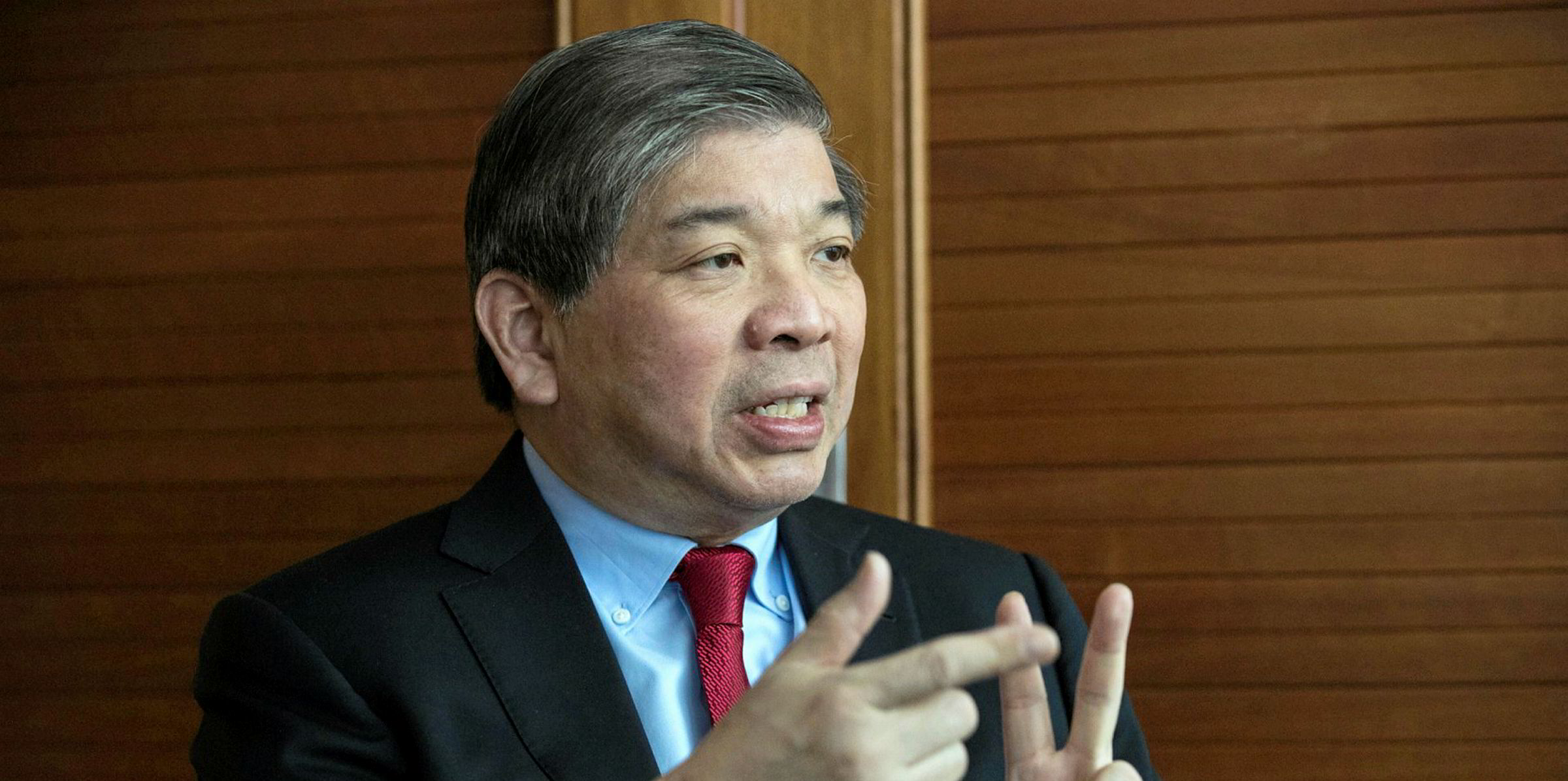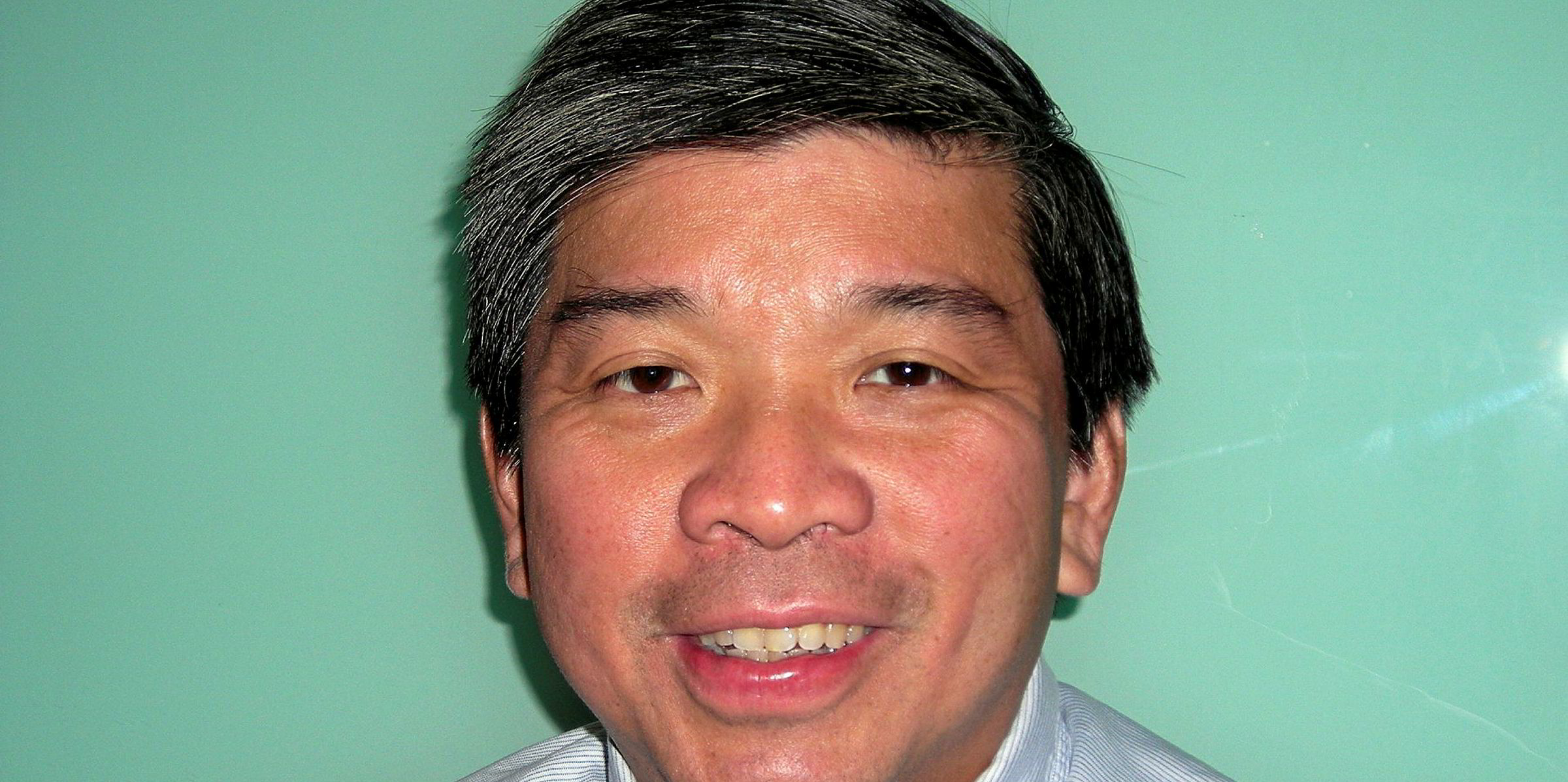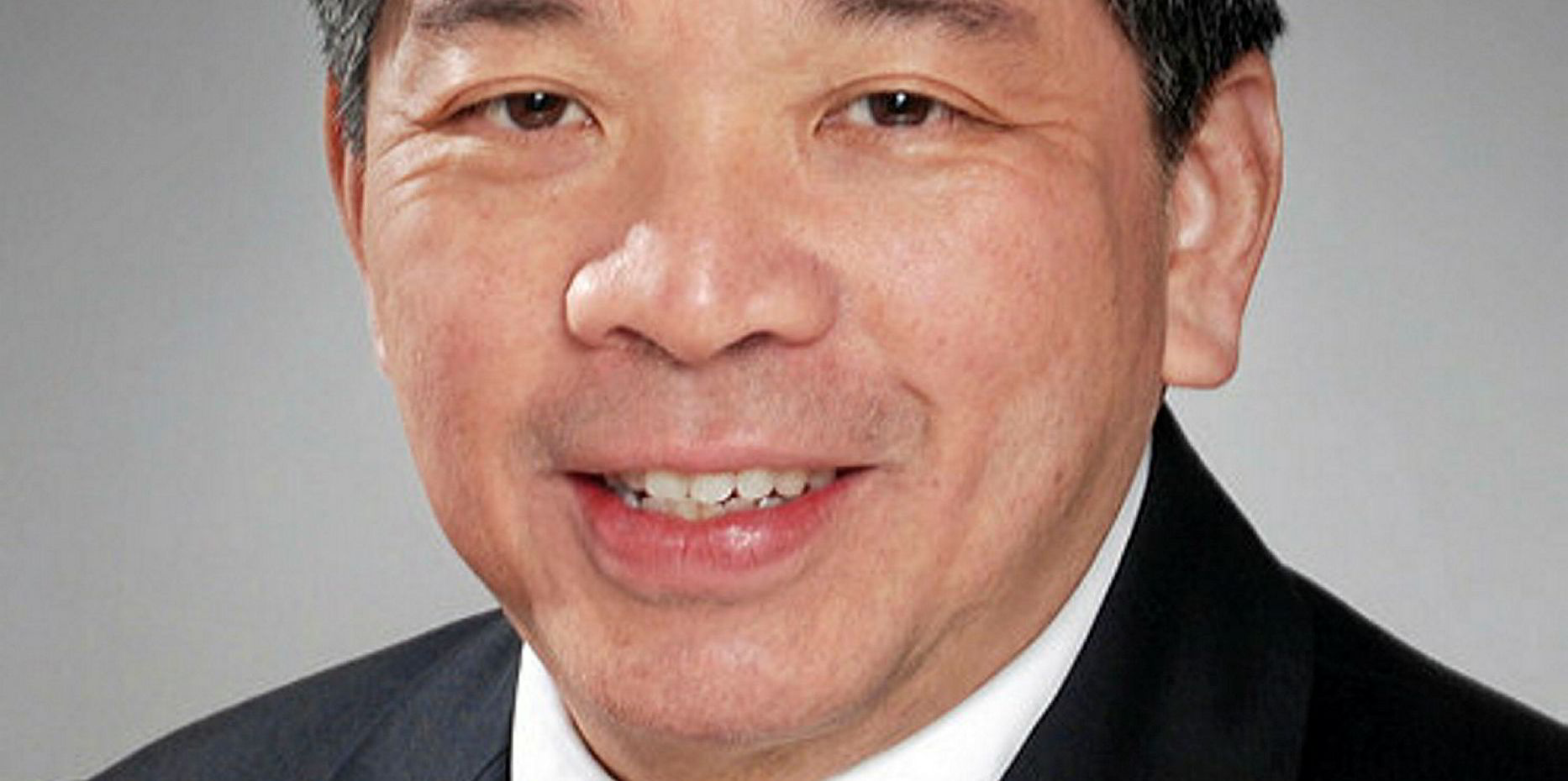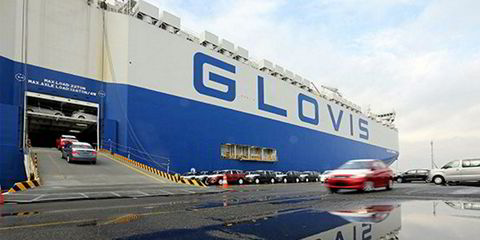The financial problems at Pacific International Lines (PIL) are set to ease by next month when it is expected to become the latest struggling liner company to benefit from state funding.
Sources familiar with the Singaporean containership outfit said the cash injection would mean PIL should soon be in a position to pay outstanding charter fees that it owes to Japanese shipowners and leasing companies.
The last charter payments that PIL made were in March, and reports in Japan suggest it has notified owners it will pay a reduced rate from June.
The identity of PIL’s backer and the sums involved have not been disclosed.
Singapore-based financial sources think the investor is backed by the city-state’s government, with Temasek Holdings — the country’s sovereign wealth fund — being mentioned as a likely white knight.
PIL has declined to comment on the prospect of external funding.
The funds would help PIL pay delayed charter payments on 18 vessels — 17 containerships and a capesize bulker — on hire from Japanese companies.
Legal warning
One Japanese source said shipping companies that have vessels on time charter and bareboat charter to PIL have been waiting for the Singaporean company to contact them.
“If PIL does not make the next payment soon, Japanese shipping companies will be taking legal action,” the Japanese source said.
In an email response to TradeWinds, a PIL spokesman declined to comment on the extent of the company’s late charter payments, but said it had been in regular dialogue with tonnage providers.
“It is our intention to settle all charter payments in full,” the spokesman said. “We are extremely grateful that our Japanese lessors continue to be supportive of PIL.
The company added that it is undergoing reforms to improve its financial performance and, in common with other liner outfits, said its problems are related to the pandemic.
“The container shipping market has been extremely challenging due to Covid-19,” PIL said in its statement.
“Like many other players in the market, PIL has been closely monitoring our operations and has adopted various approaches to preserve our balance-sheet strength.
“PIL is continuing with our service rationalisation plan which started in 2019 — seeking to further optimise our fleet utilisation.
“We have also been making adjustments to several service routes and putting in place strategic blank sailings for certain regions. All these measures have helped minimise the impact from the pandemic.
“Meanwhile, to emerge stronger from the crisis, we have also kept an open mind in exploring ways to strengthen our financial position. The group is confident that with all these strategies in place, we will be able to weather this difficult environment.”
State funding has been used during the pandemic by governments to assist struggling liner companies. Recently, CMA CGM won French government guarantees for an emergency $1.12bn loan from the commercial market.
HMM has received a $600m cash injection from South Korean state-backed banks. As a result of the transaction, the South Korean government has raised its stake in the company to 74%.






